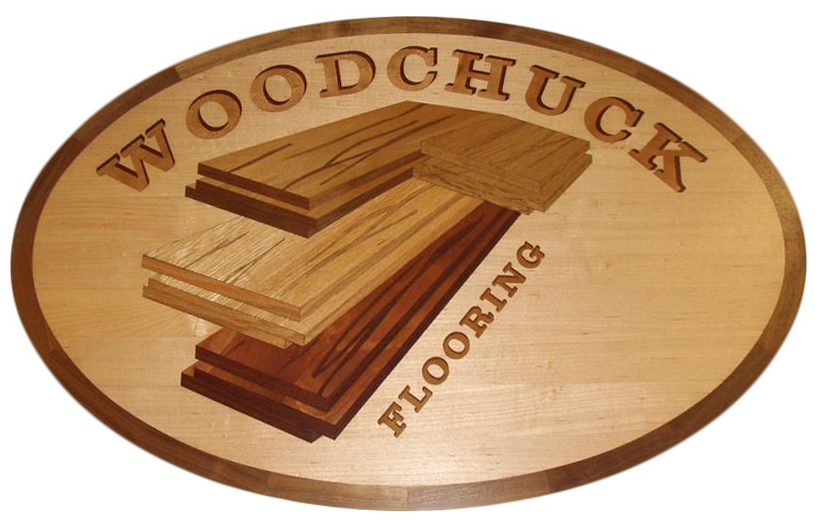Choosing the Right Floor Finish
Whether you want a traditional look or a completely customized creation, choosing the right finish can help create a stunning floor. Aside from flooring material, the biggest impacts on a floor are the use of floor sealer and floor finish. When so many homeowners are looking to get fresh new looks for their floors, resealing or refinishing floors are great options for customers to transform floors without replacing them. Here are some things to remember when using floor sealers and floor finishes.
While the popularity of polyurethane finishes for wood floors is undeniable, the choice between using an oil-based or water-based finish can be debatable among flooring professionals. For some floor installers, the choice between oil vs. water-based polyurethane is only a matter of personal preference based on their initial experience with the finish (however long ago that may have been).
Today’s polyurethane finishes offer more durability and benefits for contractors and clients. The decision to use an oil or water-based polyurethane finish should be centered around the needs and choices of clients and the performance capabilities of modern floor finishes. Woodchuck has both water-based finishes and oil-based finishes to give professionals high quality options that provide excellent protection and looks for hardwood floors.
Main Differences Between Oil and Water-based Floor Finishes
When comparing oil and water-based poly, there are some differences that are undeniably true:
Drying Time. Water-based polyurethane dries much faster than oil-based floor finish, allowing for multiple applications in a single day.
VOCs. Oil-based floor poly has higher VOCs and a stronger odor compared to water-based floor finishes.
Color Effects. Oil-based polyurethane will amber over time, darkening the floor’s original color over time.
Cost. Oil-based polyurethane is generally cheaper than water-based floor finishes.
Durability of Oil and Water-based Polyurethane
Both floor options can be great choices to finish hardwood floors. Opinions differ on which is better because of the physical properties of each finish type. Oil-based polyurethane is softer than water-based. This makes oil-based floor finishes more susceptible to dents. Though many people believe oil-based finishes are more durable, superior technological advancements to water-based finish have been made in the last 40 years that prove water-based finishes last longer and hold their appearance longer. High quality floor finishes of both types can last about 10 years.
Choosing Between Oil and Water-based Floor Finishes
Here are some considerations to make when choosing between oil-based and water-based polyurethanes.
Wood Color. Because of the coloring aspects of oil-based poly, woods with a light color should use water-based polyurethane. Darker woods will benefit from the patina formed with oil-based poly.
Project timeline. Because it dries faster, water-based polyurethane is an excellent option when time is an issue. This is especially important for commercial spaces when staying open is a top priority.
Labor costs. When working with an oil-based finish, dry times are much longer and require traveling back and forth to the jobsite and even adding extra days to the floor completion time. With water-based finish you can complete multiple coats in one day and you are on to the next job quicker.
Installation experience. Water-based floor finishes demand highly skilled installers to make use of its short dry time. Oil-based polys can be more forgiving.
Customer preference. Many customers choose water-based polyurethane as a greener alternative to oil-based finishes. Water-based poly’s low VOCs and fast dry times make the application process less of a hassle for homeowners. If homeowners are open to the idea of vacating for an extended period, oil-based poly is an option.


